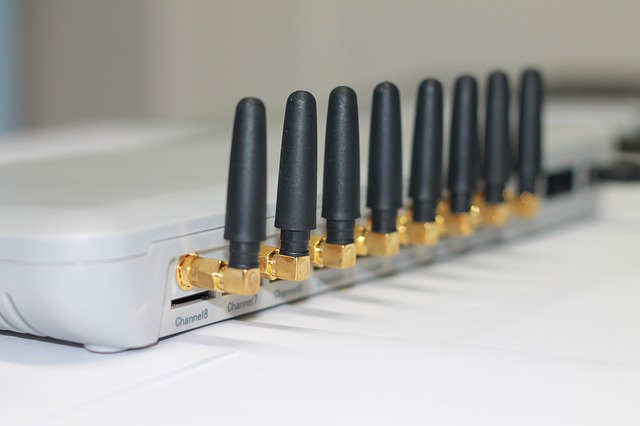
Telcos — they rarely provide good service. Their billings are often erroneous and questionable. Their rates are high enough but they still find it reasonable to charge you even higher. And they’ve managed to get away with this set-up for a long time due to lack of better options. But that’s changing now.
There’s no denying the fact that with the Internet, call and text services are in danger of being redundant. It’s quite logical and practical. Why would you choose to make an international call that costs a certain amount per minute when you can just make a Skype, Messenger or Viber call and simply pay for your usual Internet connection fee? And you don’t even have to cut your call short because if you are subscribed to an unlimited data service, the duration of your Internet will be unlimited too.
Texting service is likewise affected. Because there’s Facebook Messenger, SnapChat, WeChat, Skype and Viber which can send your messages instantly too.
And so you think that with the Internet, the telecom companies will be put in their rightful place – competing and working harder to keep their customers loyal, instead of simply resting on their laurels and assuming that their subscribers will stay with them because they have no choice. You immediately conclude that it’s a good thing because when there’s competition among brands, it’s usually favorable for customers as they get to have more and better choices, and the competing companies keep on trying to outdo each other.
In this case, however, this might turn out to be a wrong generalization. While telcos are now being displaced by Internet superstars like Amazon.com, Inc. (NASDAQ:AMZN), Facebook Inc (NASDAQ:FB) and Google-parent Alphabet Inc (NASDAQ:GOOGL), it doesn’t necessarily mean that we’re in for better times. If the Amazons and Facebooks of the world eventually get to have control over everything – from the content we can access, to the infrastructure that provides us with our connection, to the cost of our connection – who’s to say that we won’t be in the same situation again, the difference being, the main players have shifted from telcos to tech giants.
But then again, it’s hard to decide at this point if tech giants becoming fully autonomous Internet service providers is a favorable prospect or not. Although it’s still the telcos who have completely working infrastructures — the cell towers, the cables and fiber optic lines – it’s not impossible to think that pretty soon, the tech giants will be catching up too.
In fact, search giant Google already has Google Fiber, its own wireless internet service. Facebook is also working on its own infrastructure which would include satellites and drones to provide connectivity in the most remote locations. Plus it has its internet.org initiative which offers free access to basic services like Facebook, educational references and health information to cellphone users in developing countries like India and Zambia. And Amazon also has a rumored internet service of its own.
Out with the old and in with the new. Telcos vs. tech giants. As long as we get the best service there is, maybe we shouldn’t really care who displaces who.



Leave a Reply